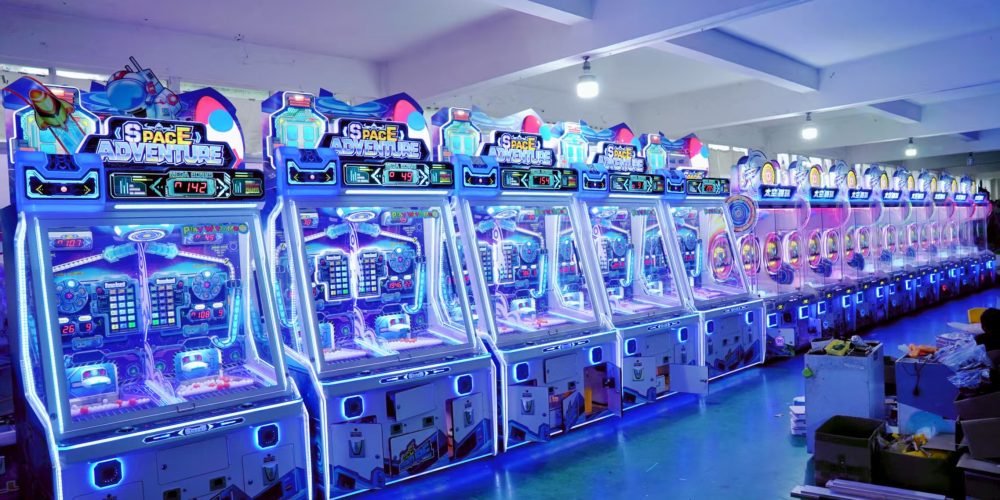The legality of a coin pusher machine is a complex issue that depends heavily on how the machine operates and the specific laws of its location.
In many places, particularly in various states within the U.S. and other jurisdictions, coin pusher machines are often considered illegal if they are determined to be a gambling device.
Why Coin Pushers Are Often Considered Illegal
Coin pusher machines are frequently classified as illegal gambling devices for the following key reasons:
- Outcome Relies Primarily on Chance: Many laws define gambling based on whether the result is determined mostly by chance rather than the player’s skill, and whether the player has paid money for a chance to win something of value (like more money, tokens, or high-value prizes). Authorities often argue that after a coin is inserted, the player has minimal control over the final outcome, leading to the conclusion that chance and the machine’s internal settings primarily determine the win or loss.
- Winning Cash or High-Value Prizes: If players pay to play and have the opportunity to win cash, tokens (redeemable for cash), or merchandise of significant value, the machine is much more likely to be classified as illegal gambling.
- Hidden Mechanisms: Some commercial machines may have secret mechanisms designed to cause coins to disappear without dropping into the player’s tray, which allows the operator to collect them. This secretive design adds to the machine’s perceived nature as a rigged gambling device.
Legal Exceptions (Amusement and Arcades)
In some jurisdictions, coin pusher machines may be permitted as legal amusement devices only if they meet strict conditions:
- Only Winning Free Replays: The machine’s rewards are strictly limited to additional free plays and cannot be exchanged for cash or any other item of value.
- Low-Value Merchandise Only: Some laws permit machines to award non-cash merchandise (like toys, novelties, or gift certificates) that is low in value, often specifying a maximum wholesale value for any single prize (e.g., no more than $5 or a similar statutory limit).
- A “Game of Skill”: While less common for pushers, some laws have an exception for “games of skill.” However, most authorities who have examined coin pushers formally conclude that the element of chance outweighs the element of skill.
In summary, commercially operated coin pusher machines, especially those that award cash or cash-redeemable tokens, are illegal gambling devices in many places and are subject to strict regulation and prohibition.
To determine the legality of a specific machine in a specific location, one must consult the local gambling and amusement device statutes, as the answer is highly dependent on jurisdiction.

